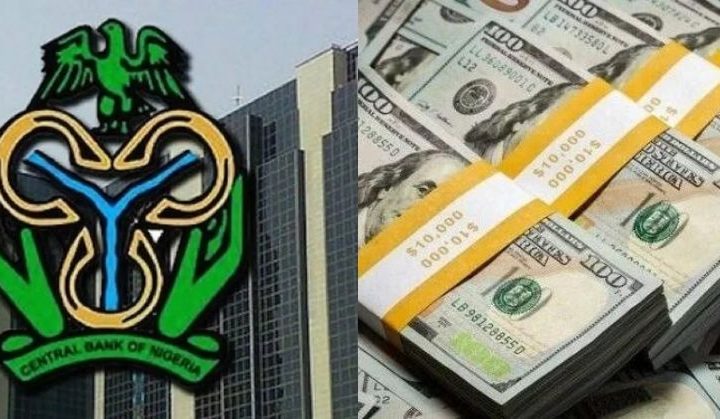DESPITE some signs of modest recovery being reported about Nigerian economy after COVID-19 restrictions, the system still faces challenges as a result of shortcomings in the business environment, which impedes investments and economic growth.
This was revealed by Centre for Promotion of Private Enterprise (CPPE) in its Business Environment Update for Month of October 2021.
Join our WhatsApp ChannelThe update focuses on assessing key variables in the investment climate and how they impact on business performance and the overall effect on the economy.
The update which was signed by CPPE Chief Executive Officer, Dr Muda Yusuf, a copy of which was obtained by Prime Business Africa, noted that the gradual relaxation of COVID-19 restrictions saw an improvement of economic activities leading to gradual recovery in the entertainment, hospitality, aviation, transportation, trade and commerce, food and beverage sectors, among others.
Examining the macroeconomic environment, the centre observed that the rebound of oil prices has helped to strengthen the country’s foreign reserves and also the capacity of Central Bank of Nigeria (CBN) to fund foreign exchange market, adding that as at October 2021, the foreign reserves has crossed the threshold of $41 billion.
It however, identified shortcomings in Nigerian business environment which affect investors across sectors, which include high inflationary pressure, Naira exchange rate depreciation and volatility, high energy costs (e.g. hike in prices of diesel and gas), Insecurity in parts of the country affecting access to local raw materials (especially agricultural products), and distribution of finished products across the country, high dependence on crude oil for foreign exchange earnings, high fiscal burden of fuel subsidy and debt service.
Other factors listed by the centre which affect the economy were smuggling of petroleum products to neighbouring countries in the light of the uptrend in crude oil price; incidents of multiple taxation imposed on businesses during distribution of goods across the country; uncertainties around the African Continental Free Trade Agreement (AfCFTA), challenges of congestion, traffic gridlock, extortion and general difficulty in clearing goods at the ports.
“Investors, especially those in the real sector space, identified access to foreign exchange, exchange rate depreciation, high inflationary pressures, crisis at the ports, high cost of diesel, skyrocketing gas prices, and insecurity as the most critical challenges of business in the last couple of months,” the centre stated.
Headline inflation as of September was 16.63% while food inflation was 19.57% and core inflation was 13.74%.
The centre remarked that pressure from inflation had the following impact on business activities in the period under review: escalated production costs and operating cost for businesses; weakened purchasing power of consumers; depressed sales, turnover, and profits of businesses; and aggravated poverty and social tension as a result of high food costs.
The update revealed that the biggest challenge reported by investors in the past couple of months is about the foreign exchange market, in terms of sharp depreciation of exchange rate, uncertainty or unpredictability of the rate.
Another issued that was raised at the centre in the update is high prohibitive excise duty charged by Benin Republic on goods imported to or exported from Nigeria which passes through the country’s border to other West African countries, against “ECOWAS Protocol on Trade and Movement within the sub region.” The centre revealed that each truck was charged as high as N9 million which takes a huge toll on businesses.
The centre called on the Nigerian government to look into the issues raised, and address it for the optimal growth of the economy.
“We will implore the government to take a critical look at the concerns that have been expressed by business operators and address these concerns in the interest of the investment environment and the advancement of the Nigerian economy.”
Victor Ezeja is a passionate journalist with six years of experience writing on economy, politics and energy. He holds a Masters degree in Mass Communication.


















Follow Us